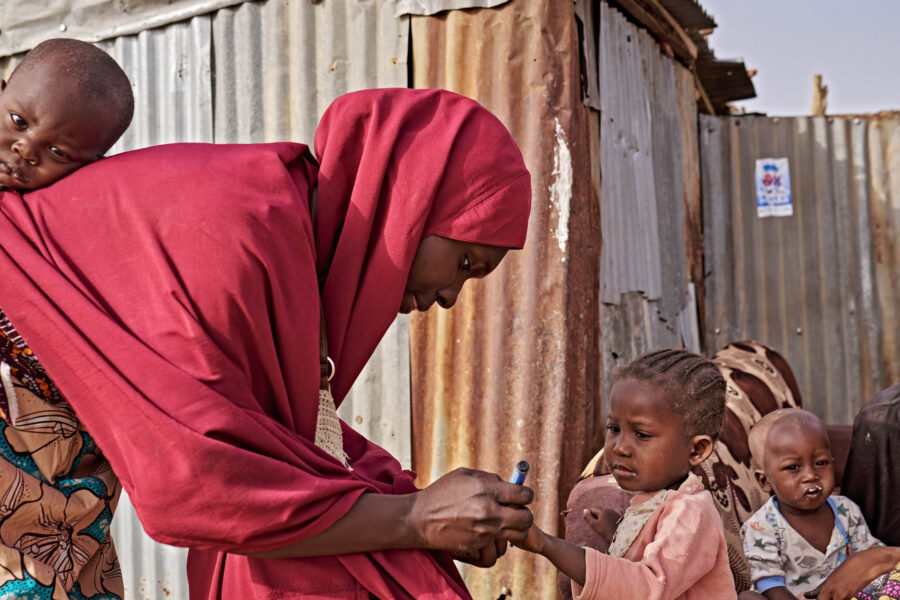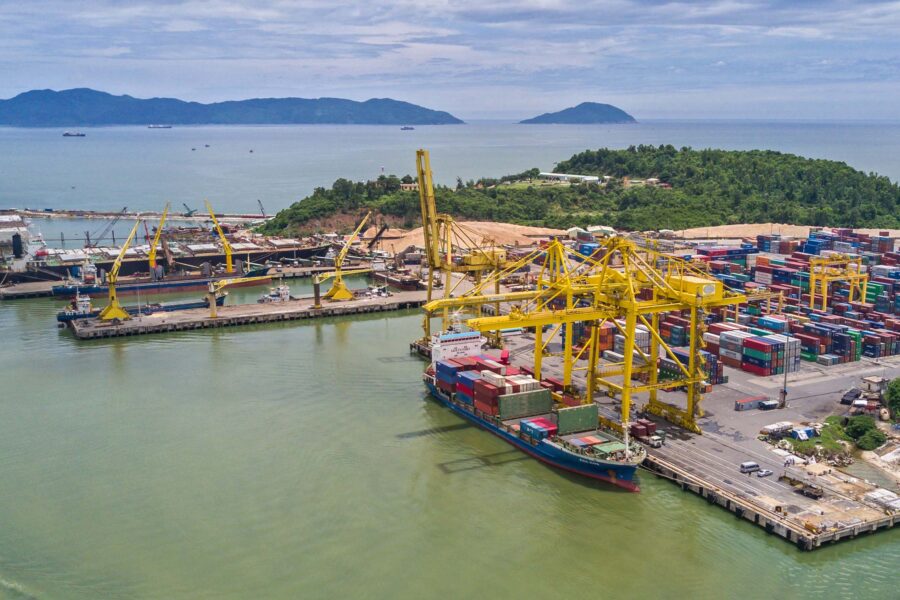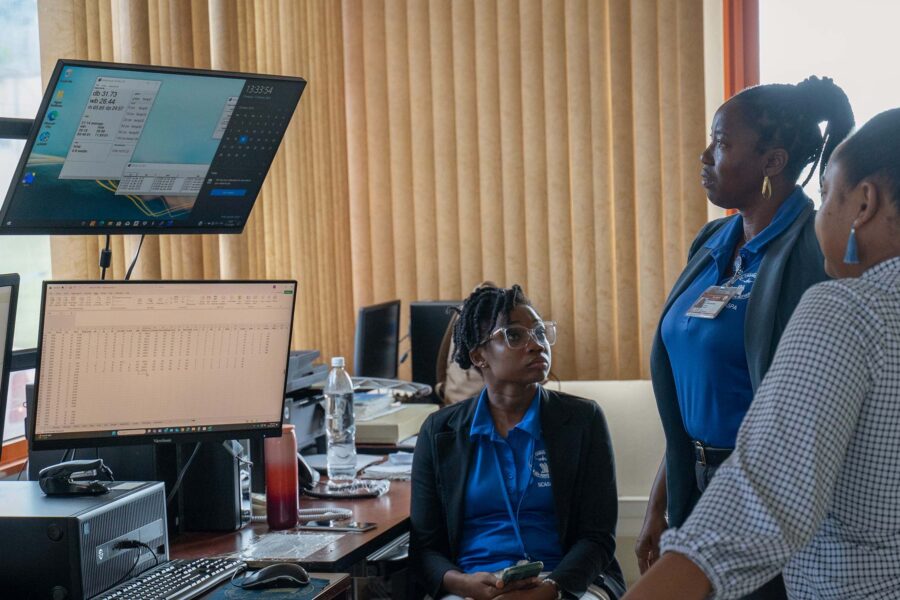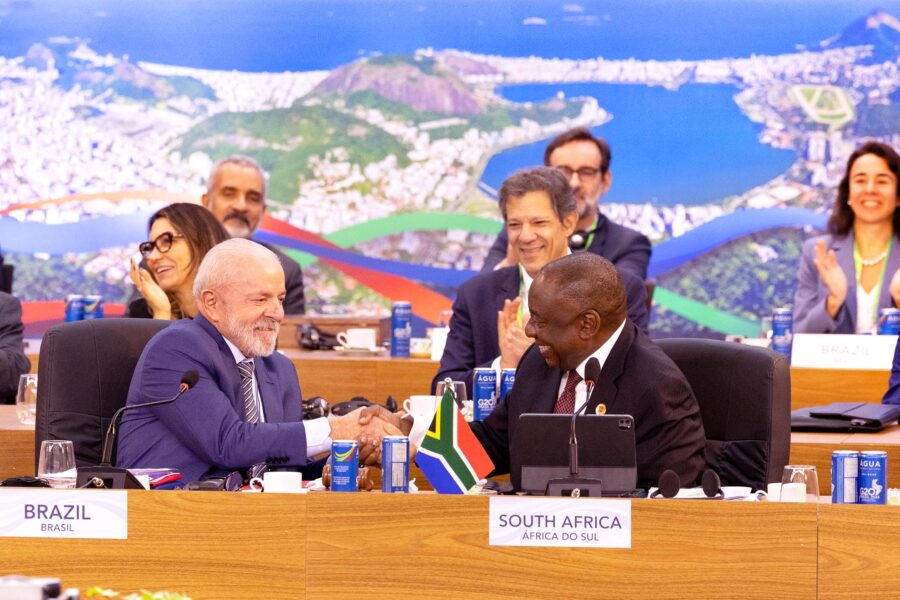Social protection is a powerful – but underused – lever for gender equality and sustainable development. To get the SDGs back on track and close widening global gaps, governments must invest in inclusive systems that support women’s rights and needs at every stage of life













